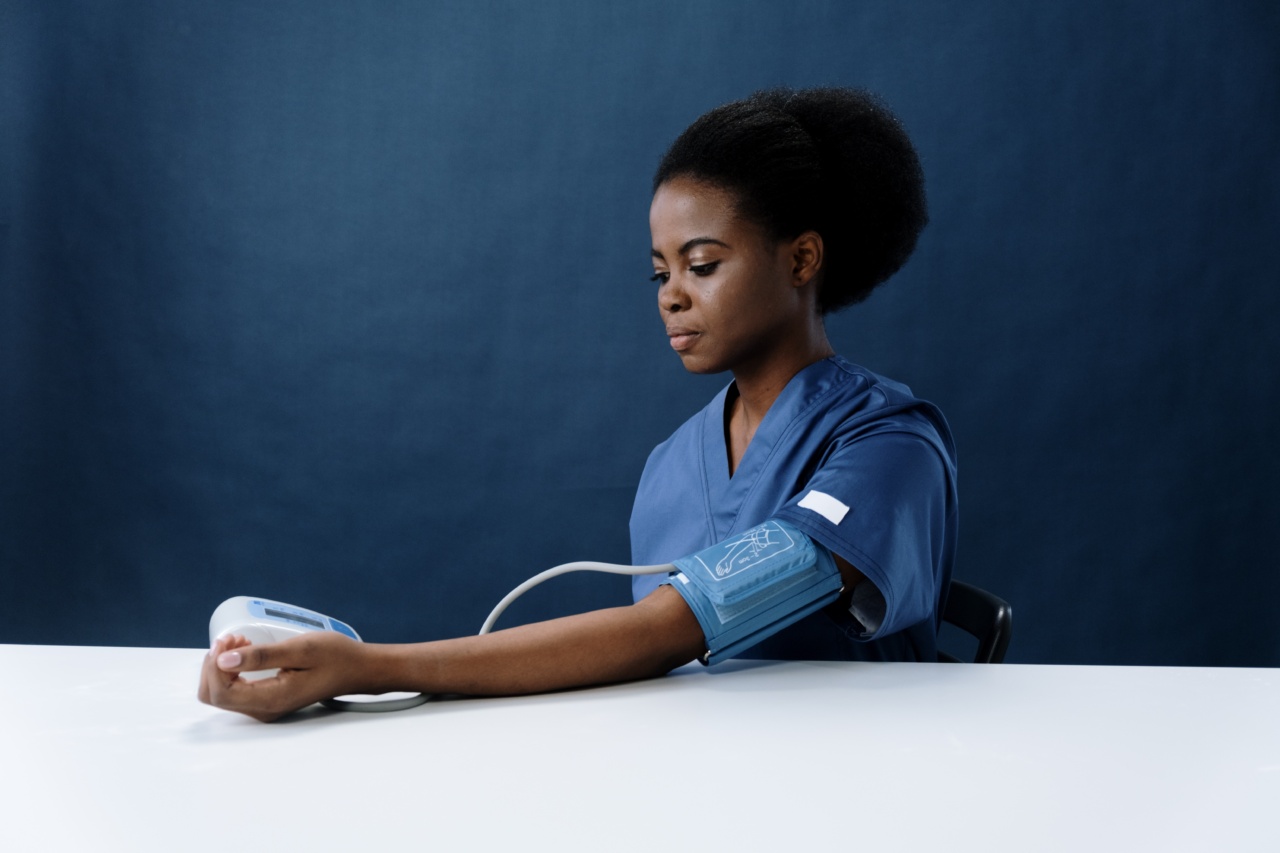Hypertension, commonly known as high blood pressure, is a chronic medical condition that affects millions of people around the world.
It can put a significant strain on your heart, kidneys, and other vital organs, leading to serious health problems such as heart attacks, strokes, and kidney failure.
While there is no cure for hypertension, you can manage it effectively with lifestyle changes, medications, and regular check-ups. This article will explore some of the precautions you can take to manage your hypertension and maintain good health.
Eat a Balanced Diet
The foods you eat can have a profound effect on your blood pressure levels. A diet that is rich in fruits, vegetables, whole grains, lean proteins, and low-fat dairy products can help you lower and maintain healthy blood pressure levels.
Avoiding foods that are high in saturated and trans fats, cholesterol, and sodium can also help lower your blood pressure. Try to limit your intake of processed and packaged foods that are typically high in sodium.
You can also consider adopting a dietary approach to stop hypertension (DASH) which has been shown to help lower blood pressure.
The DASH diet involves eating plenty of vegetables, fruits, and whole grains, and reducing the intake of high-fat meats, sweets, and sugary drinks.
Lose Excess Weight
Carrying excess weight can significantly increase your risk of developing hypertension. Losing as little as 5% of your body weight can help reduce your blood pressure and improve your overall health.
Adopting healthy eating habits and regular exercise can help you lose excess weight and maintain a healthy weight. Regular physical activity can also help lower your blood pressure and reduce your risk of hypertension.
You should aim for at least 30 minutes of moderate-intensity exercise most days of the week.
Reduce Alcohol Intake
Drinking too much alcohol can cause your blood pressure to rise. If you have hypertension, you should limit your alcohol intake to no more than one or two drinks per day.
If you do not have hypertension, you should still drink in moderation to prevent it from developing.
In addition to raising your blood pressure, excessive alcohol consumption can also lead to other serious health problems such as liver disease, cancer, and mental health issues.
Quit Smoking
Smoking tobacco products can significantly increase your blood pressure and increase your risk of developing hypertension.
Nicotine, the addictive substance found in cigarettes, increases your heart rate and constricts your blood vessels, leading to higher blood pressure levels.
If you have hypertension, quitting smoking is one of the best things you can do for your health. Within just a few months of quitting, your blood pressure will start to decrease, and your risk of heart disease and stroke will begin to decline.
Take Medications As Prescribed
If you have hypertension, your doctor may prescribe medications to help manage your blood pressure.
It’s essential that you take your medications as prescribed and work closely with your healthcare team to find the right combination of drugs to manage your hypertension effectively.
Be sure to notify your doctor of any side effects or other symptoms you experience while taking medications. They may need to adjust your dosage or switch you to a different medication to achieve optimal results.
Monitor Your Blood Pressure Regularly
You should regularly monitor your blood pressure at home to keep track of changes and ensure you’re maintaining healthy levels.
Keep a record of your readings and bring them with you to your doctor’s appointments to help them make informed decisions about your treatment.
If you notice any significant changes in your blood pressure, contact your doctor immediately. They can help you adjust your treatment plan and prevent serious health complications from arising.
Reduce Stress
Chronic stress can put an excessive strain on your heart and lead to high blood pressure. Finding ways to manage stress effectively can significantly improve your overall health and reduce your risk of hypertension.
Try to incorporate stress-reducing activities into your daily routine, such as meditation, yoga, or deep breathing exercises. Engaging in regular physical activity can also help reduce stress levels and improve overall well-being.
Conclusion
Hypertension is a chronic medical condition that can significantly impact your health if left untreated.
However, by adopting healthy lifestyle habits, taking medications as prescribed, and working closely with your healthcare team, you can manage your hypertension effectively and prevent serious complications from arising.
Remember to regularly monitor your blood pressure levels, manage stress effectively, and stay informed about the latest advances in hypertension management to ensure you’re maintaining optimal health.






























